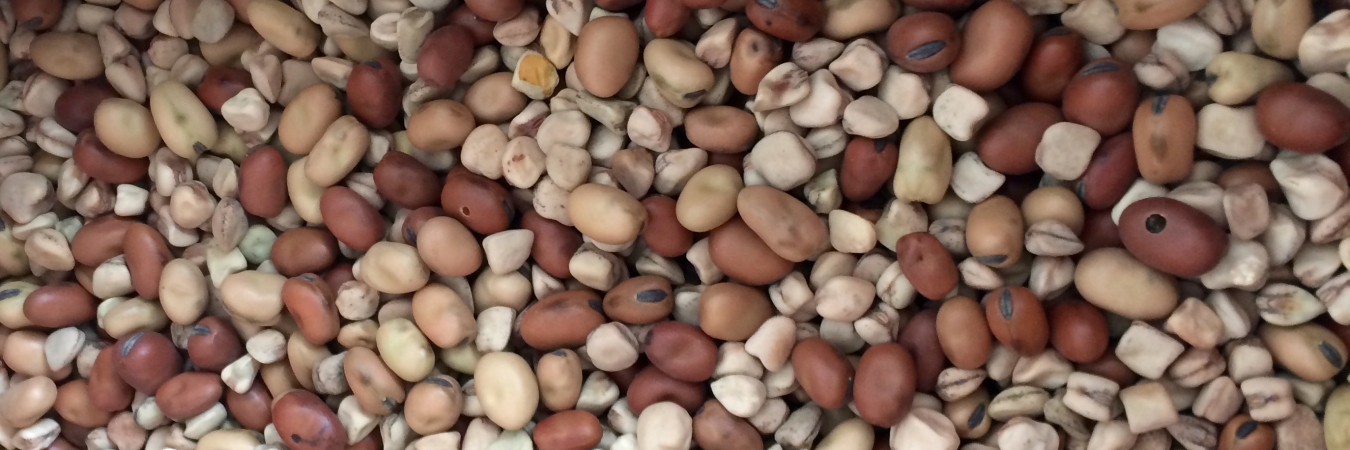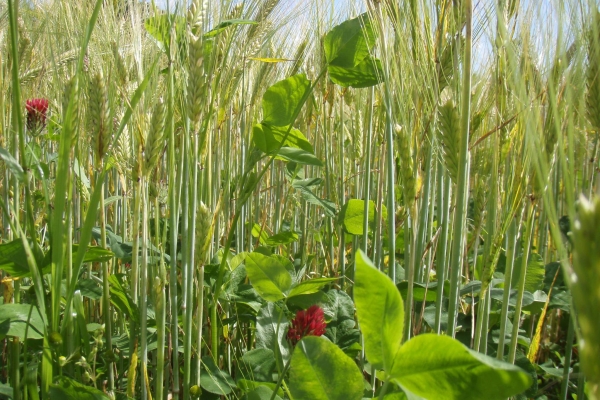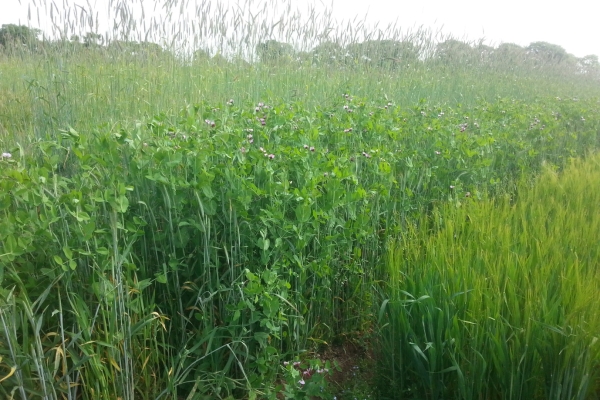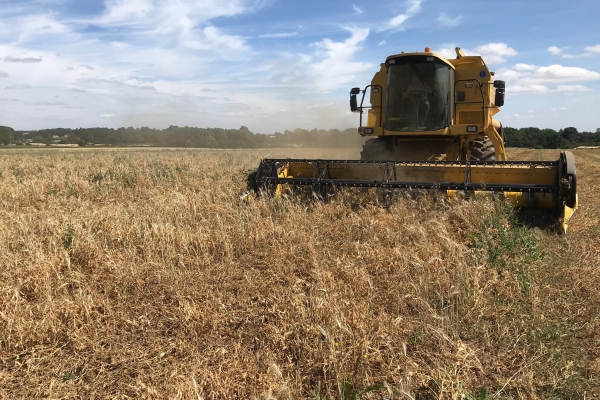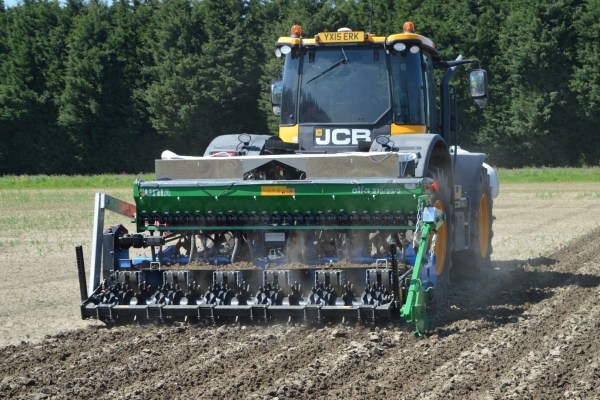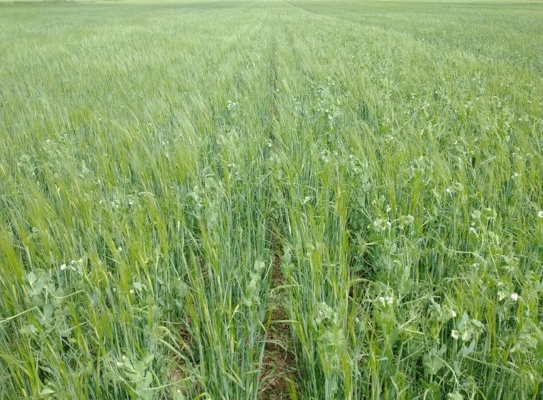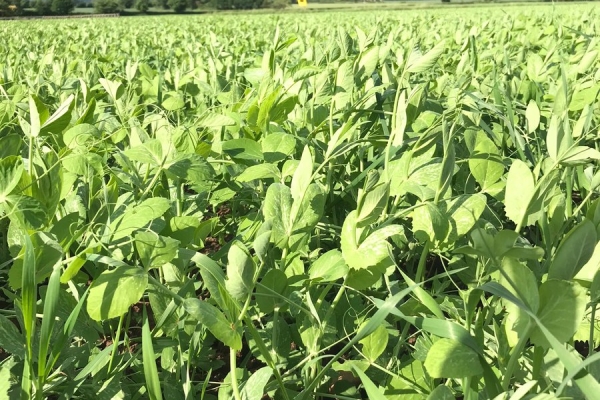DIVERSify – From The Ground Up, Managing Complexity & Cultivating Knowledge
Growing Beyond Monoculture web series
Resource explained
The Horizon 2020 DIVERSify project aims to optimise the performance of crop species mixtures or ‘plant teams’ to improve yield stability, reduce pest and disease damage, and enhance stress resilience in agricultural systems. These three mini-documentary films present findings from the project research trials and include interviews with researchers and farmers from Europe and beyond. They focus on impacts of crop diversification and challenges and ideas for growing crop mixtures as a way to increase resilience against climate change whilst increasing biodiversity and carbon sequestration.
Findings & recommendations
From The Ground Up (also access via the link above)
This introduces the project and sets it in context, outlining its relevance to farmers and potential benefits of crop mixtures for farmers and the environment – from below ground to a landscape scale. As farmer John Pawsey explains, crops can be grown together as companion crops to aid crop growth, as sacrificial crops to divert away from cash crops, or to provide ‘architecture’ to help other grow crops grow more successfully.
“Diversity can create income”
Christoph Scherber
“Climate change is real and farmers are the victims”
John Ochieng Otieno
“Diversifying agricultural systems at the level of individual farms doesn’t just hold hope for improving resilience for farmers livelihoods or biodiversity, it may also go some way towards helping solve the problem of global heating”
Narrator
Managing Complexity
This focuses on the huge complexity mixed cropping introduces in comparison to monoculture crops, and how scientists on the project worked with farmers to navigate this and push the research into plant teams forward.
“If variety choice and sowing is navigated badly, mixed cropping can be problematic, but if things go well, management effort and cost can be dramatically reduced”
Narrator
Cultivating Knowledge
This looks at the innovations currently taking place to address the knowledge gaps around mixed cropping’s viability and the challenges that still remain.
“We stand potentially on the threshold of a new generation of agriculture where we can see the growth of the artisan precision farmer who can use his data to create individual recipes for the crops, for the consumer of those crops…”
Christoph Scherber
“DIVERSify will also start to address some of those barriers to do with mechanisation of farming and how to manage the crop. And it’ll really help the farmers and growers get to the point where they can get something to the farm gate…”
Alison Karley
See profiles for three of the farmers featured in the films here:
